Tips for Avoiding Activist Burnout
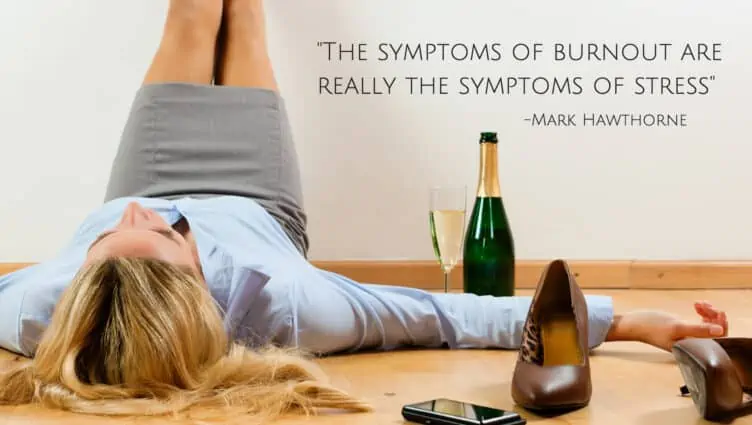
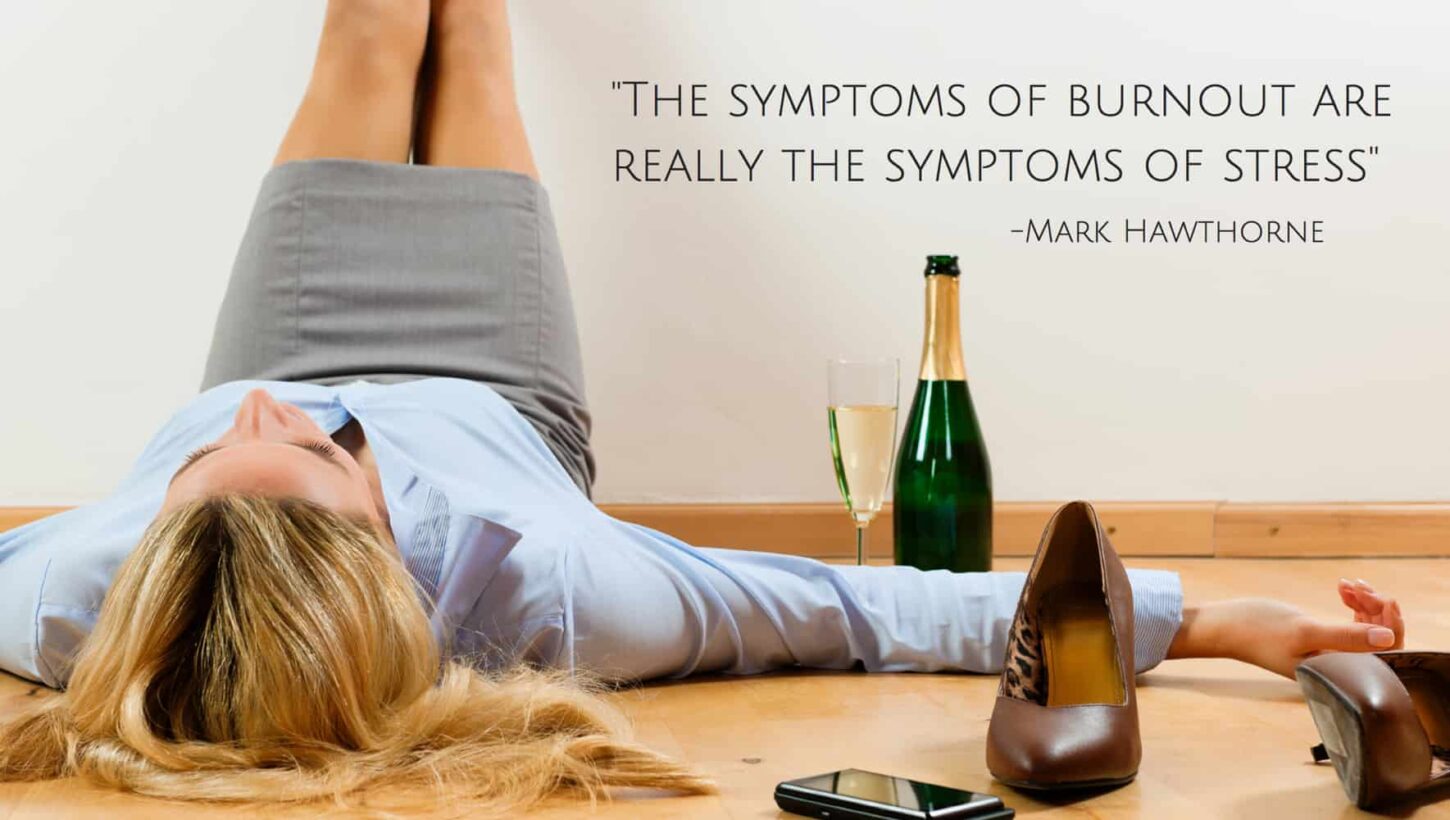
If you’re a longtime vegan or animal rights activist, you’ve probably heard that occasional (or maybe even chronic) voice of despair. It whispers, “Enough is enough, pal. You don’t need to see any more misery or hear another ridiculous excuse for eating animals. Give it up already.”
This is the sound of burnout sneaking up on you. Sometimes called “compassion fatigue,” burnout describes a state of exhaustion that is similar to wood surrendering to a fire. To those of us fighting for animals or engaged in vegan campaigns, burnout is often the result of prolonged exposure to suffering and injustice. It feels a lot like depression. In fact, some say burnout is depression.
A few years ago I wrote a book about activism called Striking at the Roots, and after interviewing scores of animal advocates for the book and hearing their activist war stories, I knew I needed to include a chapter on avoiding burnout. This chapter eventually developed into a number of talks, such as this one that I gave to aspiring animal law professionals at Lewis & Clark Law School.
What we often don’t realize is that a bad case of burnout can push you out of the movement altogether, so recognizing the symptoms of burnout is critical. The symptoms of burnout are really the symptoms of stress:
- Headaches
- Fatigue
- Boredom
- Abusing drugs or alcohol
- Trouble sleeping – too little or too much
- Loss of appetite or overeating
- Difficulty in relationships
Now, I’m not saying that if you suffer from one or more of these symptoms you are burned out or even stressed out. All I’m suggesting is that we maintain an awareness of our physical, emotional, mental, and even spiritual well-being—if you have a spiritual practice—so that we can be proactive about burnout.
Being proactive means we take care of ourselves by eating well and getting enough sleep. But in addition to that, I’ll offer two sets of advice that I developed in the course of writing Striking at the Roots and that I’ve shared with activists around the world.
The first set has 4 steps:
- Find a Good Fit. One of the best ways to avoid burning out is to match your style of campaigning with your interests and strengths, creating activism that nourishes you.
- Include Achievable Goals. Make sure that your strategic plans include not only long-term aims that might not be achieved for decades, but also achievable short-term goals that can be acknowledged and celebrated more frequently.
- Make Time for Yourself. Resist the temptation to turn every hobby or interest outside the movement into an opportunity to help animals.
- Make a Change. If you pursue your life’s work for animals, yet still experience the stress and overwork that can lead to burnout, it may be time to try something else. This isn’t giving up – it’s simply adjusting your campaigning style. It’s having the courage to say, “What I’m doing is not working for me, and it’s probably not working for the animals, either.”
The second set of advice is what I call the ACTIVE Approach to Avoiding Burnout. I call it the Active Approach because it’s a 6-step process, and each letter in the word ACTIVE stands for one of the steps:
A – Allow yourself to be human. Hard as we try, we are not superheroes, and we are not going to win every battle. Take a real vacation. Enjoy time with friends. Try to have fun and not feel guilty.
C – Create something tangible to remind you of your victories. This could be a scrapbook covering campaigns you’ve worked on, a website, a folder – anything to remind you that you’re fighting the good fight.
T – Talk to someone you trust. Boyfriend, girlfriend, husband, wife, BFF – whoever. Animal activism is an emotionally loaded endeavor, and as activists it’s important that we unburden ourselves. If you don’t have someone you trust, speak to a therapist.
I – Ignore upsetting text and images. When you feel anger, guilt, grief, frustration, fear, or outrage come over you, that’s probably not the best time to get out that DVD of Earthlings to watch with Uncle Fred. Give yourself some time away from it. I know there are activists who say, “We owe it to the animals.” Well, I don’t necessarily believe that. I agree we should be educated about the issues, but that doesn’t mean we need to torture ourselves in order to feel empathy for those who are tortured.
V – Visit an animal sanctuary. “V” could also stand for Volunteer at an animal sanctuary. I have spent countless days at sanctuaries, and I am constantly amazed by how many activists have never rubbed a pig’s belly, or whistled to a turkey to hear him gobble back, or watched a hen take a dust bath. Get some face time with the faces you’re working so hard to protect. An animal sanctuary is also a great place to work up a sweat, which leads me to my final point:
E – Exercise. Walk, run, bike, hike, swim, do yoga, go to the gym – whatever you can do, get out there and do it.
Over the years, I asked many activists what they do to keep burnout at bay. You might enjoy the insights from such vegan advocates as Colleen Patrick-Goudreau, Jon Camp, Jo-Anne McArthur, Erik Marcus, and John Carmody (founder of Ireland’s Animal Rights Action Network).
Please remember that activists are animals too, and we cannot ignore our own health and happiness as we struggle to help others. For another excellent resource on burnout, I highly recommend Aftershock by pattrice jones.

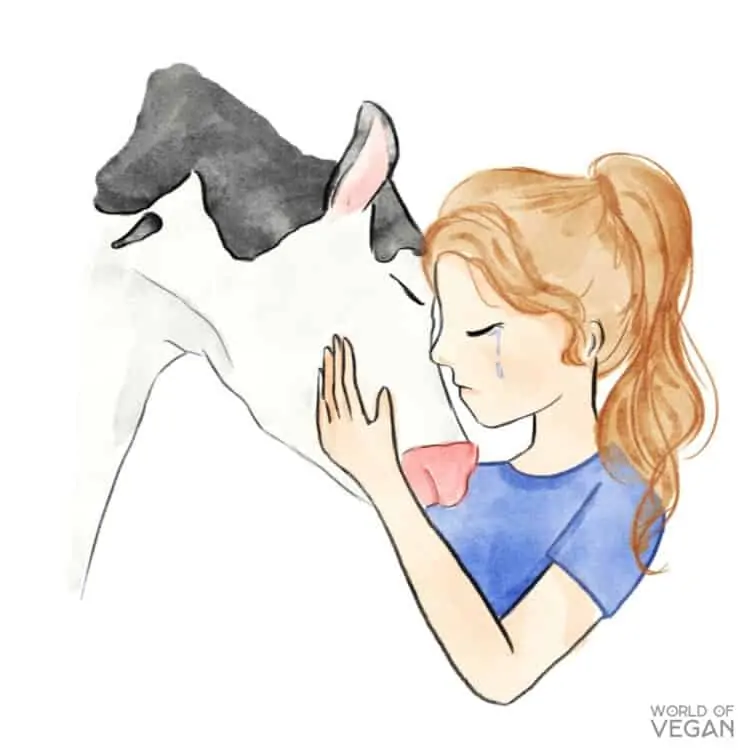
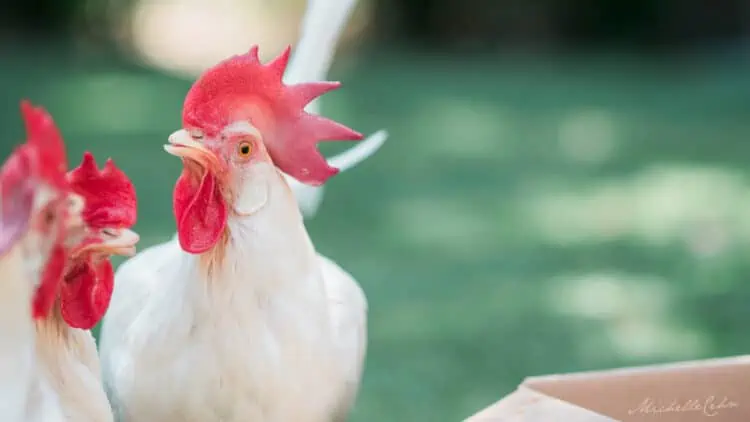
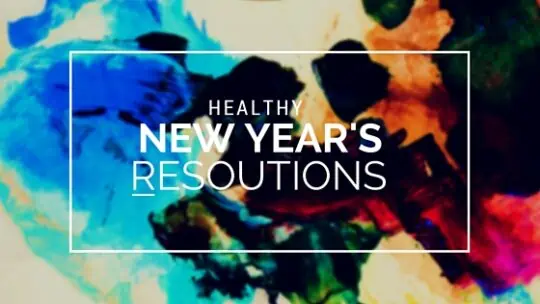
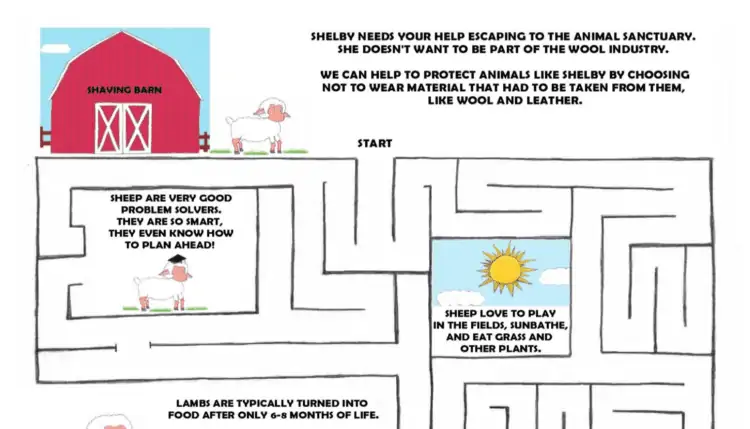
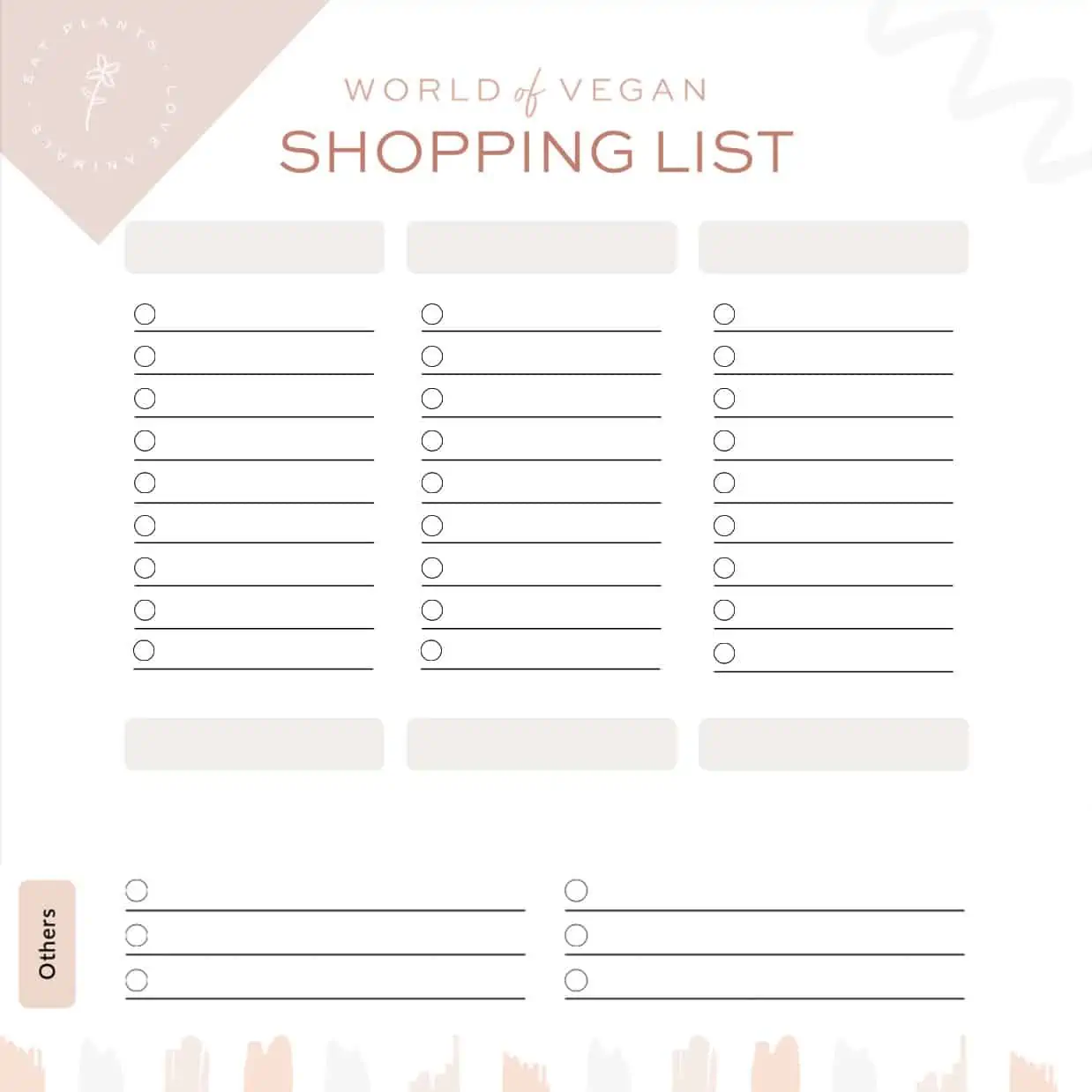
Leave a Comment